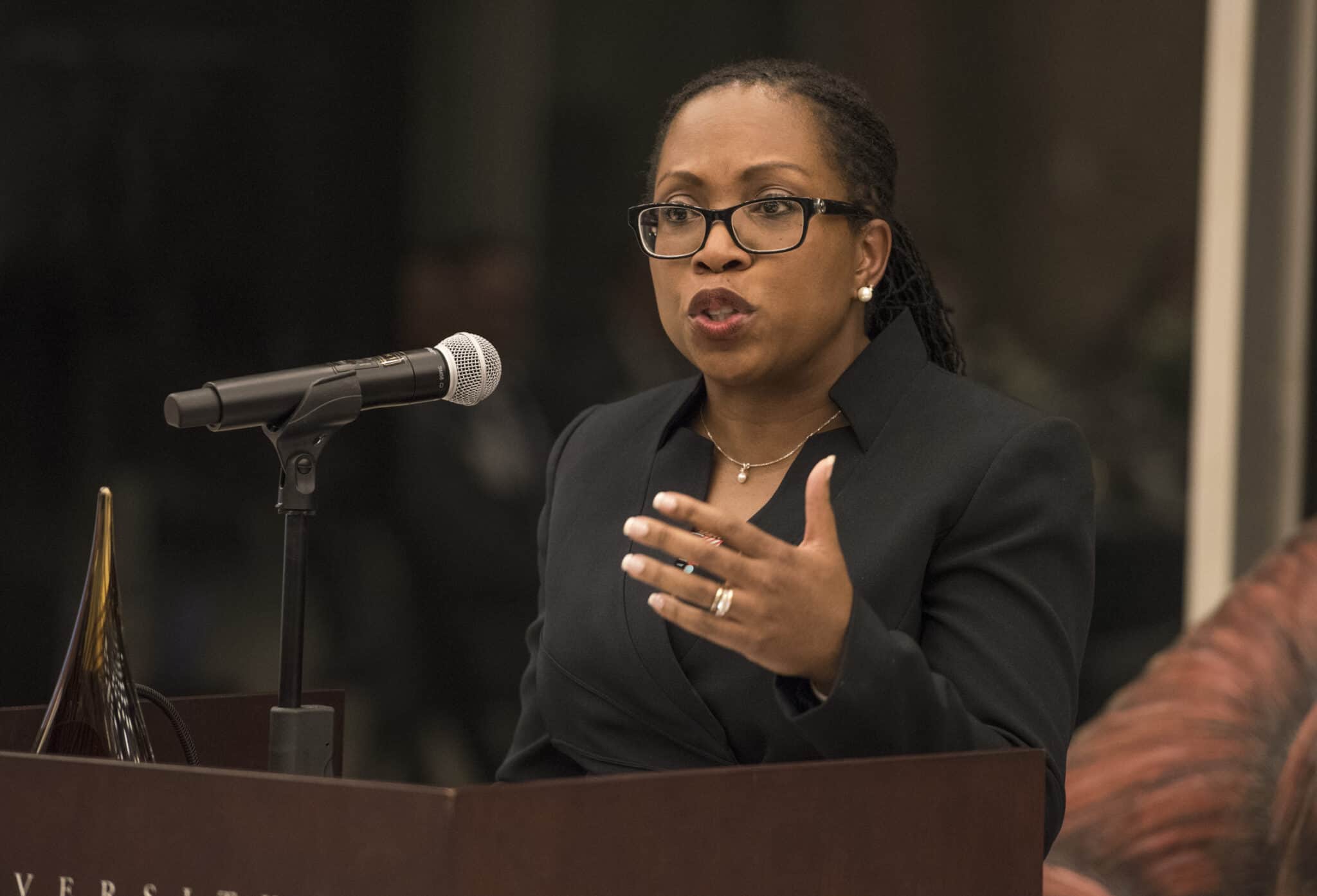
Tascha Shahriari-Parsa is a student at Harvard Law School.
Yesterday, the NLRB General Counsel Jennifer Abruzzo released an important memorandum in which she stated her intent to ask the Board to rule that captive audience meetings, and other mandatory meetings where the employer presents anti-union rhetoric, violate the NLRA. The GC memo classifies unlawful mandatory meetings as those where employees are either forced to convene on paid time, or are cornered by management while performing their job duties. The memo’s line of reasoning is that, when an employee has to listen to speech that relates to their section 7 rights (such as why the employer believes the employee should not join the union), the employee’s right to not listen to that speech is denied under the threat of disciplinary action. This, according to the memo, means that the employee is coerced in the exercise of their Section 7 rights, violating Section 8(a)(1),
Ruling in line with Abruzzo’s reasoning would shift Board precedent away from what has been the standard since the 1948 Board case of Babcock & Wilcox Co., where the Board had ruled that captive audience meetings do not violate the NLRA because they do not necessarily amount to coercing employees to avoid exercising their Section 7 rights. The change would put the U.S. in line with many Canadian jurisdictions that ban captive audience meetings or treat them under stricter scrutiny. Crucially, it would address some of the key structural causes for the decline in unions: union certification campaign win rates could fall as much as 26 percentage points—from an average of 73% to 47%—when captive audience meetings are used.
Yesterday, Judge Ketanji Brown Jackson was sworn in as associate justice to the Supreme Court of the United States. Jackson makes history as the first Black woman to hold the seat, a painful reminder of the court’s history: out of 115 prior Supreme Court Justices, all but 7 have been white men. As Jason and I have previously described on this blog, Judge Jackson has delivered several decisions favorable to labor unions as a trial judge and as a judge on the D.C. Circuit. Jackson will begin her role after Justice Stephen Breyer retires, anticipated to be this summer, and begin hearing cases in October.
This week was also marked by several graduate student organizing victories. The MIT Graduate student union won its union on Wednesday, with about two-thirds of the votes in favor of unionization. Fordham graduate student workers also won their union yesterday, with a vote of 229-15. These graduate student union victories, as well as the more well known rising campaigns at Starbucks and Amazon, are part of a broader trend captured by NLRB data this week, which showed that union election petitions increased by a whopping 57% in the first half of the 2022 fiscal year.






Daily News & Commentary
Start your day with our roundup of the latest labor developments. See all
July 4
The DOL scraps a Biden-era proposed rule to end subminimum wages for disabled workers; millions will lose access to Medicaid and SNAP due to new proof of work requirements; and states step up in the noncompete policy space.
July 3
California compromises with unions on housing; 11th Circuit rules against transgender teacher; Harvard removes hundreds from grad student union.
July 2
Block, Nanda, and Nayak argue that the NLRA is under attack, harming democracy; the EEOC files a motion to dismiss a lawsuit brought by former EEOC Commissioner Jocelyn Samuels; and SEIU Local 1000 strikes an agreement with the State of California to delay the state's return-to-office executive order for state workers.
July 1
In today’s news and commentary, the Department of Labor proposes to roll back minimum wage and overtime protections for home care workers, a federal judge dismissed a lawsuit by public defenders over a union’s Gaza statements, and Philadelphia’s largest municipal union is on strike for first time in nearly 40 years. On Monday, the U.S. […]
June 30
Antidiscrimination scholars question McDonnell Douglas, George Washington University Hospital bargained in bad faith, and NY regulators defend LPA dispensary law.
June 29
In today’s news and commentary, Trump v. CASA restricts nationwide injunctions, a preliminary injunction continues to stop DOL from shutting down Job Corps, and the minimum wage is set to rise in multiple cities and states. On Friday, the Supreme Court held in Trump v. CASA that universal injunctions “likely exceed the equitable authority that […]